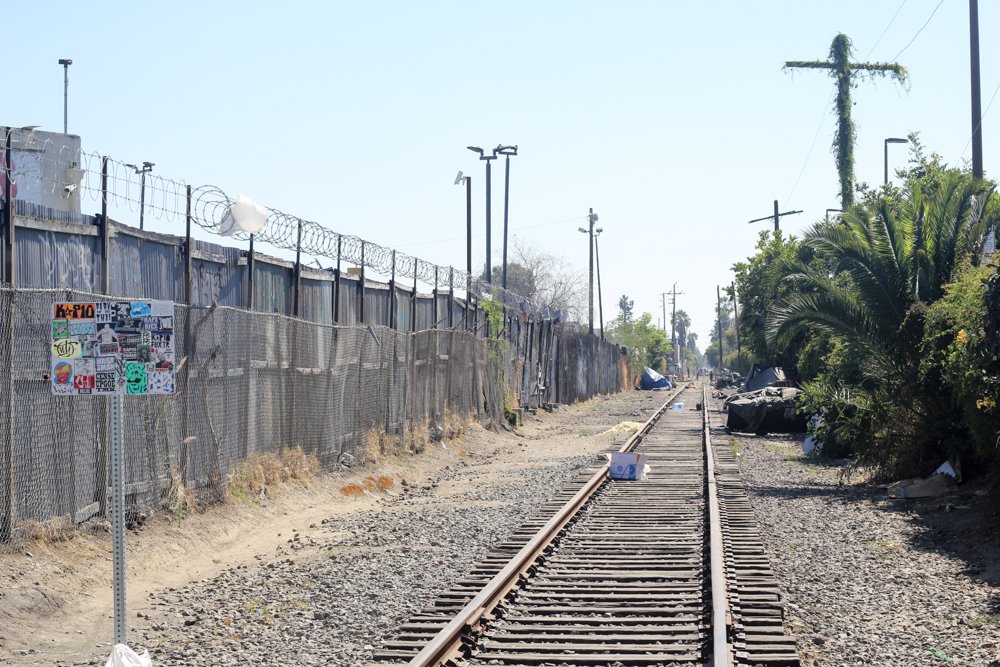
Organizing Communities to End Environmental Racism
Polluting facilities don’t belong near our homes, schools, and hospitals. Communities thrive when land use plans center public health and resident needs. But throughout Los Angeles, poorly planned neighborhoods contribute to poor health outcomes.
Los Angeles’s legacy of racist and discriminatory land use policies and practices has disproportionately burdened low-income and communities of color with environmental health hazards. South Los Angeles is ranked in the top 10% of most polluted communities in the state and is overburdened with industrial facilities, hazardous waste, and contaminated land. The South Los Angeles community also disproportionately lacks green spaces and parks, sufficient transit and transportation infrastructure, and faces an affordable housing crisis. The cumulative burden of living in close proximity to clusters of pollution-emitting facilities and with little to no green spaces can result in high rates of cancer, heart disease, respiratory disease, and mental health impacts.
PSR-LA promotes healthy land uses, transformative solutions, and community-led land use planning. We look to reduce exposure to toxic pollutants from past and current industrial uses and forestall and eliminate the possibility of forced displacement and gentrification in communities across Los Angeles. Healthy and prosperous communities should be found across the region, not just in the wealthiest pockets of Los Angeles. By addressing these problems through just and equitable frameworks, we'll be closer to achieving this goal.




